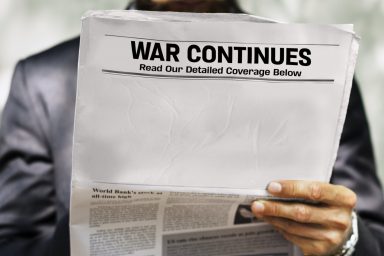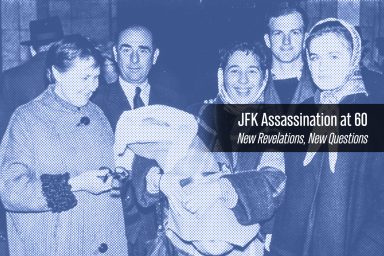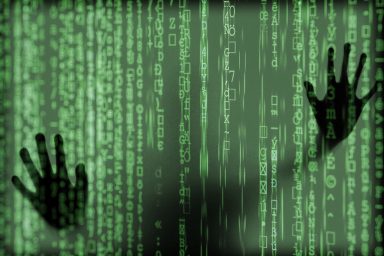Almost two weeks have passed since WikiLeaks’ cyber-dump of nearly 80,000 classified military documents on the Afghan war, making this a good time to step back and examine the phenomenon. Whatever one makes of the controversy, it is a striking fact that, notwithstanding their cautionary notes, the mainstream media tacitly endorsed the release by providing wall-to-wall, almost frenetic coverage, and by participating in a coordinated co-publication of selected documents. It is especially striking that major establishment news organizations massively amplified the WikiLeaks Collections’s gloomy prognosis on Afghanistan, given that those same news organizations have for years now presented a far different—and more hopeful—assessment.
If the conclusions drawn from the WikiLeaks’ collection are right, what does that say about the quality of what we are getting from our most esteemed journalistic outfits? How useful is the day-to-day reportage, with its combination of nuanced, feature-style anecdotal micro-reporting, and official source-driven macro-reporting, when those same organizations are now willing to race to embrace something so strikingly different?
Clearly, the media are not very sure-footed these days when it comes to the great narratives of our time. They can’t quite decide how to play things in this rapidly shifting info-climate. Thus, we are left with the prospect of two highly unsatisfying approaches to educating ourselves about an increasingly complex and perilous world: Option 1: the traditional US media’s rigorous adherence to on-the-one-hand-on-the-other-hand reportage, its need to frequently reaffirm its loyalty to the home team, and its close source relationship with interested parties. Option 2: Mass dumps of raw material obtained and culled based on unknown criteria.
There must be a “third way”—and it embodies the essence of journalism as it is taught, but too rarely implemented. This involves recruiting and training the smartest, hardest-working journalists, turning them loose to follow the facts wherever they go, encouraging them to study history and other disciplines and look for and reveal the bigger picture and the hidden agendas behind the rat-a-tat of daily events, to hunt down elusive sources and identify key documents that back up our findings, and to tell stories in a compelling, comprehensible and comprehensive manner. To ask: Are we really getting the truth? And to answer that question.
We had this in mind when we launched our website, whowhatwhy.org . The stakes are too high to aim for anything less than the best. We hope you agree—and that you will do your part to help us succeed.


